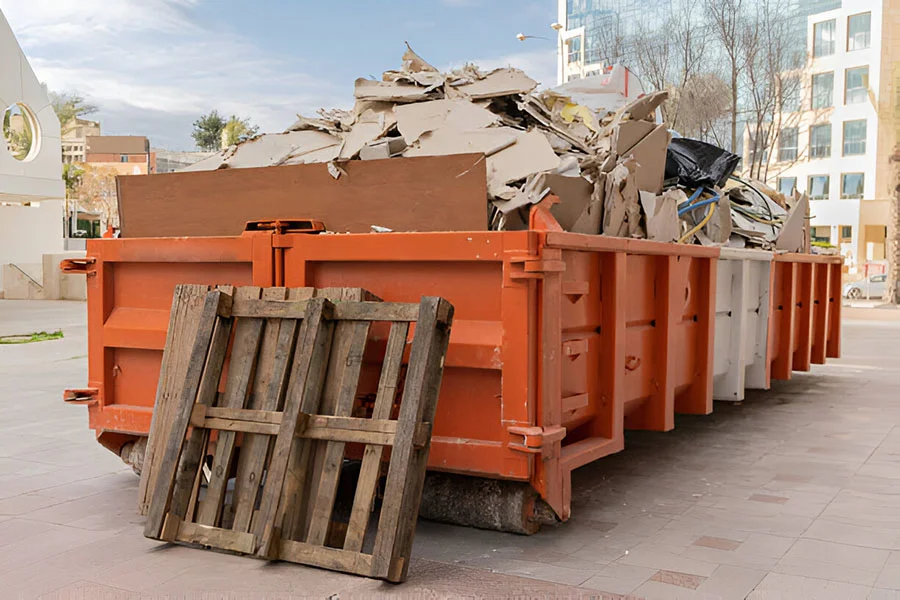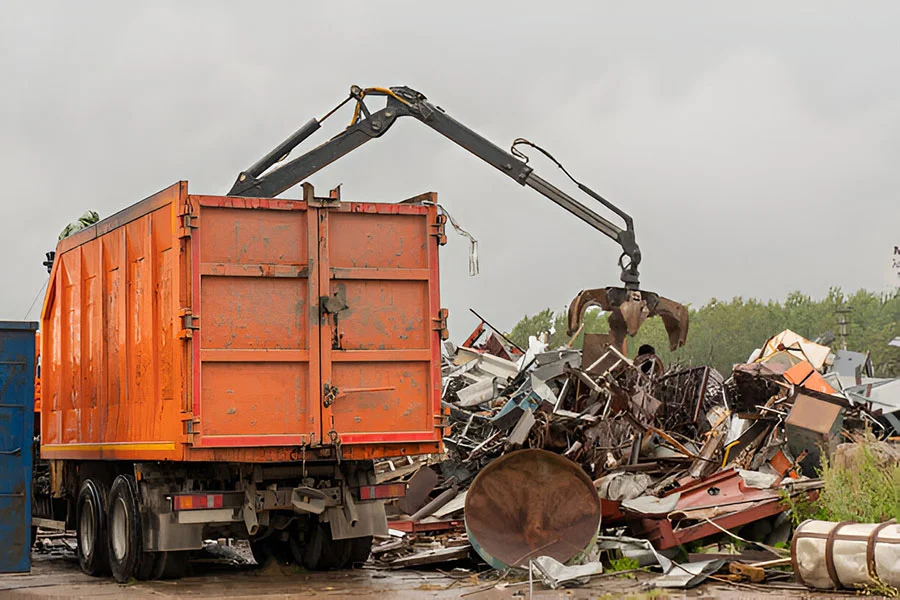Understanding What Makes up Construction Debris and Why Its Removal Matters
Every construction project, whether it involves building a new structure or renovating an existing one, generates a significant amount of debris. This debris consists of various materials that need to be handled and disposed of properly. Proper cleanup is crucial not only for safety but also for environmental reasons. Knowing what makes up this debris can help in planning effective waste management strategies and ensuring compliance with local regulations.

The Importance of Efficient Debris Management
Effective management of construction debris is essential for keeping projects on schedule and within budget. It helps ensure that the worksite remains safe and organized, which reduces accidents. Moreover, it minimizes environmental impact by promoting recycling and reducing landfill use. When you consider the potential fines for improper disposal, proper debris management becomes even more critical.
Identifying Common Materials in Construction Waste
Construction sites often produce a wide variety of waste materials. These typically include concrete, wood, metal, bricks, tiles, and drywall. Each material has its own disposal or recycling method. For instance, concrete can be crushed and reused in other projects, while metals like steel or copper are highly recyclable. Understanding these materials helps streamline construction debris removal processes.
Handling Specific Debris Types Effectively
Certain materials require special attention during removal. Hazardous substances such as asbestos or lead-based paint must be handled following stringent guidelines to protect workers and the environment. Non-hazardous materials also benefit from careful sorting-wood can be repurposed, metals recycled, and plastics sent to specialized facilities. Good strategies for handling each type ensure efficiency in construction debris removal.
The Role of Professional Services in Cleanup
Professional cleanup services offer expertise in managing construction debris efficiently. They provide the necessary equipment and knowledgeable personnel to handle everything from initial sorting to final disposal. These services ensure compliance with environmental laws, thereby preventing costly legal issues. Using professional services also enhances safety on-site by reducing clutter and potential hazards.

Environmental Benefits of Recycling Construction Waste
Recycling plays a significant role in minimizing the environmental impact of construction activities. By recovering useful materials from waste, recycling conserves natural resources and energy. It reduces greenhouse gas emissions associated with manufacturing new products from raw materials. Additionally, it decreases the volume of waste sent to landfills, making recycling a key component of sustainable construction practices.
- Concrete: Recycle into aggregate for new projects
- Metals: Melt down and reuse in various industries
- Wood: Repurpose or convert into biomass fuel
- Bricks: Clean and reuse or crush for landscaping
- Plastics: Send to specialized recycling facilities
Challenges in Managing Construction Debris
Managing construction debris comes with several challenges. Sorting different materials requires time and effort, especially when dealing with mixed waste streams. There is also the issue of logistics-transporting bulky items like concrete or metal beams demands specific vehicles and equipment. Furthermore, adhering to local regulations necessitates regular updates and training for personnel involved in debris management.
Cost Considerations in Debris Management
The costs associated with managing construction debris can vary widely based on several factors. These include the project’s location, the types of materials involved, and the chosen methods for disposal or recycling. While upfront costs may seem high, efficient management leads to long-term savings through better resource allocation and avoidance of regulatory penalties.
Your Next Steps in Effective Debris Management
By understanding the common materials found in construction debris, you can plan more effectively for their removal. Consider hiring experts who offer tailored solutions to streamline this process while staying compliant with environmental standards. Contact Boss Cleaning & Hauling at (609) 822-8434 for experienced assistance in Egg Harbor Township, NJ. Our team specializes in providing comprehensive cleanup services that prioritize safety and sustainability.
